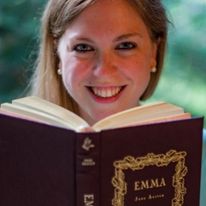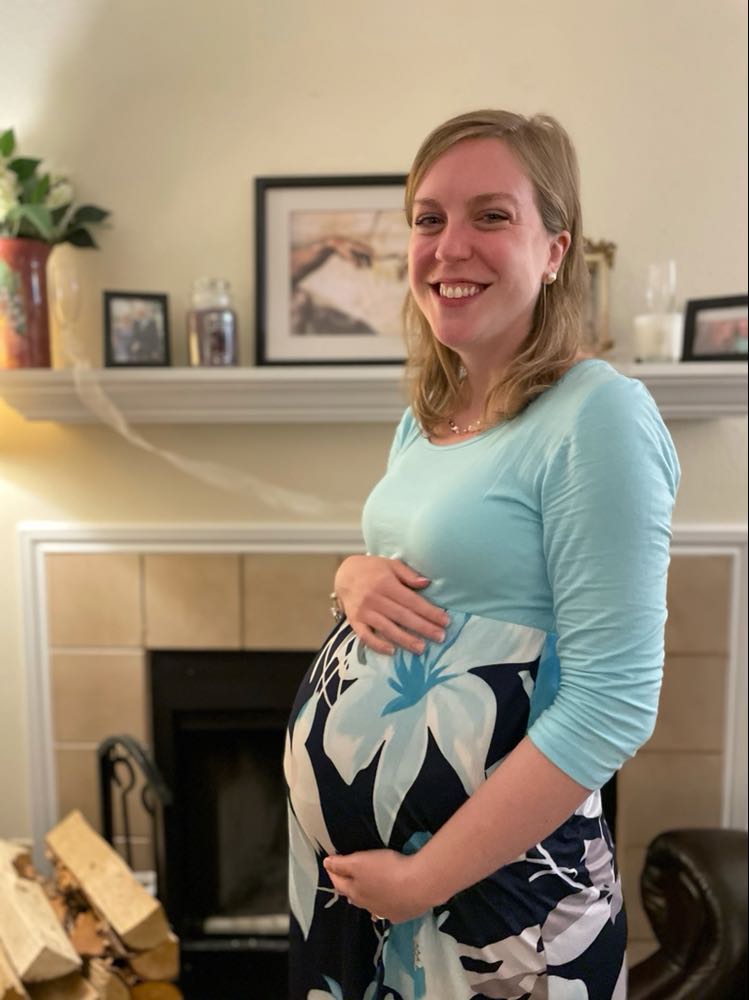
Why It’s Important to Start Learning Natural Family Planning Before Marriage Prep
You know that natural family planning (NFP) is what the Church says married couples should use if they need to avoid pregnancy or space children. You know that it’s often discussed during parish marriage prep workshops. Hopefully, you plan on using it as needed when you’re married.
But, you’re not engaged. Maybe you’re not even dating anyone. Why do you need to start learning NFP now?
My journey with NFP began before my now-husband and I were even talking about marriage. I was taking birth control, as I had been for about a decade, because my doctors said it was the only way to control my irregular cycles and severe menstrual cramping and pelvic pain. But, in my late 20s, I was embracing my Catholic faith more than I ever had before, and I started hearing terms like “fertility awareness” and “NaPro technology”—with explanations that hinted at the possibility that, contrary to what I’d always heard and believed, NFP was possible for women with irregular cycles and that certain methods could even help treat those cycles.
Over the next couple of years, before my husband and I got engaged, I learned the Creighton and then FEMM methods, was diagnosed with PCOS (polycystic ovary syndrome) and endometriosis by a NaPro (Natural Procreative) OB/GYN, had my endometriosis removed through excision surgery, was able to identify ovulation in cycles that were now a normal length—and felt healthier than ever. After we got married, my husband and I used NFP to conceive our daughter, despite my PCOS, the leading cause of infertility.
I’m grateful that I began learning NFP so early. If I had started during marriage prep, I would not have been experiencing healthy cycles when my husband and I got married, which would have made family planning complicated. Our daughter may not even be here. But, even if you don’t have any reason to think that you have any hormonal imbalances or disorders, it’s still worth learning NFP before you have a ring on your finger. Here’s why:
There’s a Learning Curve
NFP takes a while to learn, even if you have regular cycles. FEMM, for instance, involves at least three sessions with an instructor with three full cycles of charting to learn to use. If a woman has any difficulties or abnormalities, there are follow-up sessions and, sometimes, a referral to a medical provider. Depending on the method, it can take a while to build the habit of observing your hormonal symptoms and to become confident in interpreting them. With FEMM, you must learn to observe cervical mucus each time you use the restroom and be able to interpret the mucus you see (or don’t see). Then, you learn how to add LH (luteinizing hormone) testing.
Charting can feel overwhelming and difficult at first—but with the help of an instructor and time, it becomes second-nature. You want it to be second-nature well before you get married and start using it to avoid or achieve pregnancy.
The Stress of Wedding Planning Can Make Charting Tricky
Have you ever noticed that after experiencing some stress, your period was late? Stress can delay ovulation, which delays your period—which can make charting your cycle more difficult, especially if you’re still new to NFP. The often stressful time leading up to your wedding, therefore, is not an ideal time to learn to chart. (If you’re already engaged, don’t panic—make sure you have a good instructor who can guide you through interpreting your chart!)
It Will Help You Set Expectations Later
I started sharing what I learned about NFP with my husband while we were dating. While your comfort doing so may depend on your relationship, it is important to start setting yours and your future husband’s expectations as early as is prudent. Periods of abstinence, particularly long periods of abstinence like the ones that can happen postpartum, are difficult. If you enter engagement able to develop realistic shared expectations, you will be better equipped to meet the challenges of NFP together.
Understanding Your Health Is Important
Looking back, I am shocked at how little I understood about my own health before learning NFP. A common reaction women have when learning NFP is, “Why didn’t I know this sooner?” Understanding your own body is so crucial to maintaining health that I firmly believe even consecrated virgins should learn fertility awareness. Learning how to chart your cycle can help you manage your physical and emotional health and give you the information you need to advocate for yourself and find help at an OB/GYN, especially if you see a provider who knows how to read a chart. (Look for a NaPro or FEMM medical provider or other restorative reproductive health specialist who will be able to identify and treat hormonal imbalances and disorders rather than prescribing the “band-aid” birth control pill that might manage symptoms but won’t treat underlying problems.)
When it comes to your health—and, someday, your marriage—learning NFP is not only Church-sanctioned; it’s empowering, too.

Taryn Oesch DeLong is a wife and mother in Raleigh, NC. In between changing diapers, reading stories, and singing lullabies, she is a writer, editor, FEMM instructor, and volunteer. Connect with her on LinkedIn, Instagram, Facebook, or Twitter or on her blog, Everyday Roses.
Be the first to comment